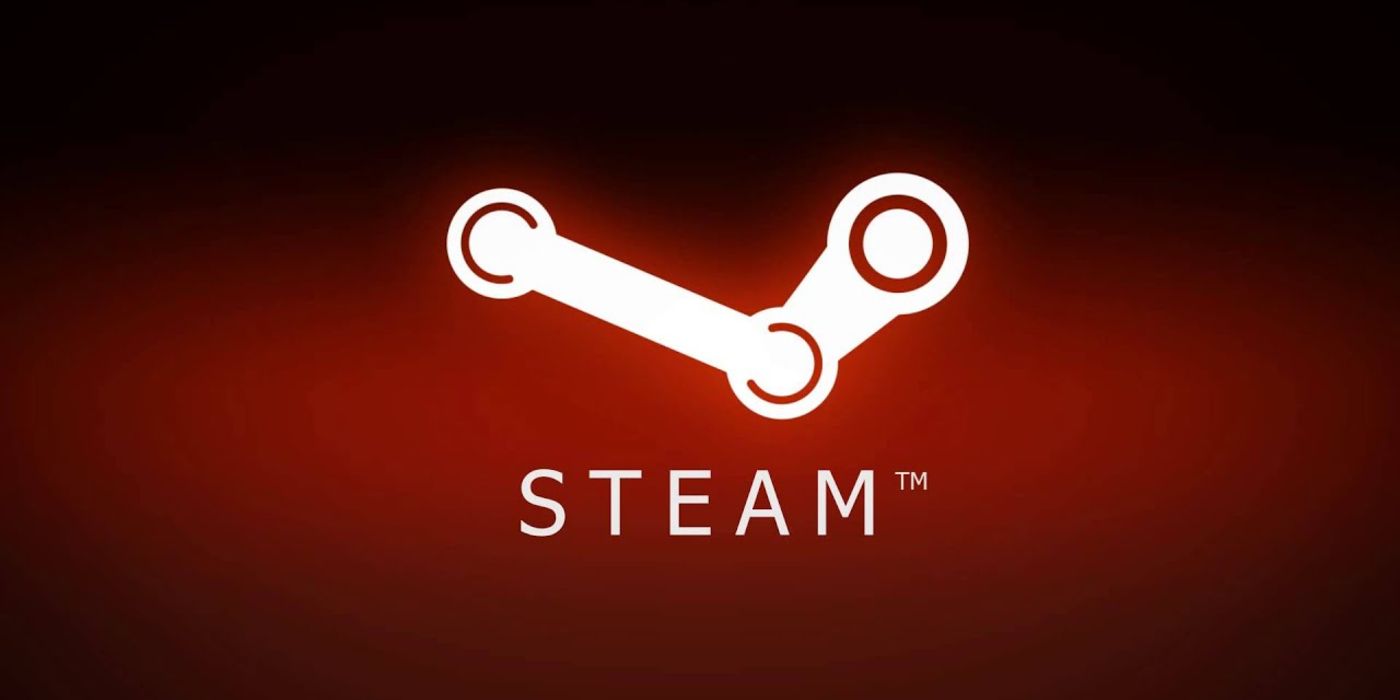Valve's Steam digital distribution platform needs to change drastically, and soon, thanks to out-dated developer revenue splits and curation policies. What Valve is currently supporting is an antiquated view of digital distribution that still supposes the company is the only real game in town, but recent outspoken interviews with industry members have revealed that the company isn't in good public standing.
The most recent example of mistrust in the system came from Paradox Interactive's Fredrik Wester during a panel at Gamelab hosted by GamesIndustry.biz last week. Wester, who serves as executive chairman of the board at Paradox after stepping down from a lengthy stay as company CEO, didn't hold back when discussing Steam's revenue split, which he described as "outrageous." In a Game Developers Conference 2019 poll held earlier this year - before a few more Valve-related scandals regarding policing Steam's games library emerged - only six percent of developers indicated they believed Steam deserved the cut it takes from revenue. Nearly 60% of respondents felt nearly sure, or strongly believed, that the company had no business claiming the 30% revenue cut it currently earns from Steam sales.
The big change in what is clearly becoming an environment that requires meaningful action from Valve is the introduction of the Epic Games Store. Epic Games boss Tim Sweeney has held little back when it comes to the competition with Steam, frequently taking to Twitter to showcase why he believes the Epic Games Store is simply better for the games industry. Despite being embroiled in a few controversies of his own, Gearbox boss Randy Pitchford has been vocal in stating that the Epic Games Store is the future of the business, with a revenue split that works 88/12 in favor of developers. It's a drastic difference from the major cut that Valve takes, and is likely the biggest reason Epic has been able to secure so many important exclusive platform launches in such a short span of time.
Steam has been around since 2003. If the platform hasn't managed to engender loyalty from developers from over 15 years of being the only viable option for many, then something is seriously wrong. Valve desperately needs to re-examine a digital distribution model that is exploitative. It's clear now that what Steam provides game companies isn't worth the cut. In earlier years, Steam was a way to tremendously boost the visibility of a game release that needed the help, as the platform wasn't inundated with thousands of indie titles all vying for a piece of the spotlight. Now, the only ways to generate visibility for games that aren't AAA releases already is to either become a community meme or, worse, aim for the sort of shock value that's mired Steam in controversy over the last few years.
It's worse, too, for the developers who work hard to launch their title only to see it advertised next to a game that's ostensibly about assaulting women or committing heinous acts simply to generate controversy and cash in on a brief existence on the Steam store. Valve's curation policies have been criticized enough that it's not worth diving too deeply into it again, but it is worth noting that since the last insidious title's brief time in the spotlight, Valve hasn't addressed much. In fact, the company has been equally as confused about what to do with positive review bombs alongside their more obvious negative counterparts. It's been, in esports terms, a clown fiesta.
Valve still regularly generates millions through games like Dota 2, so it's not like the company is in danger immediately. Steam is still hyper profitable, too. With that being said, though, trends are pointing toward a drastic upheaval in the way developers approach their games' online distribution, and Steam is becoming a less important part of that. For a company that is struggling to make new games, instead cashing in on adaptations of mods, its digital distribution service being solidified as outdated in the eyes' of gamers and developers alike would be a major blow. Though past evidence suggests we shouldn't get our hopes up about Valve taking quick action, fans of the Steam platform and the place it occupies in gaming history should begin crossing their fingers that the company bucks the trend and begins seriously considering how to re-innovate a service that's quickly approaching obsoletion.
Source: GamesIndustry.biz, Polygon


